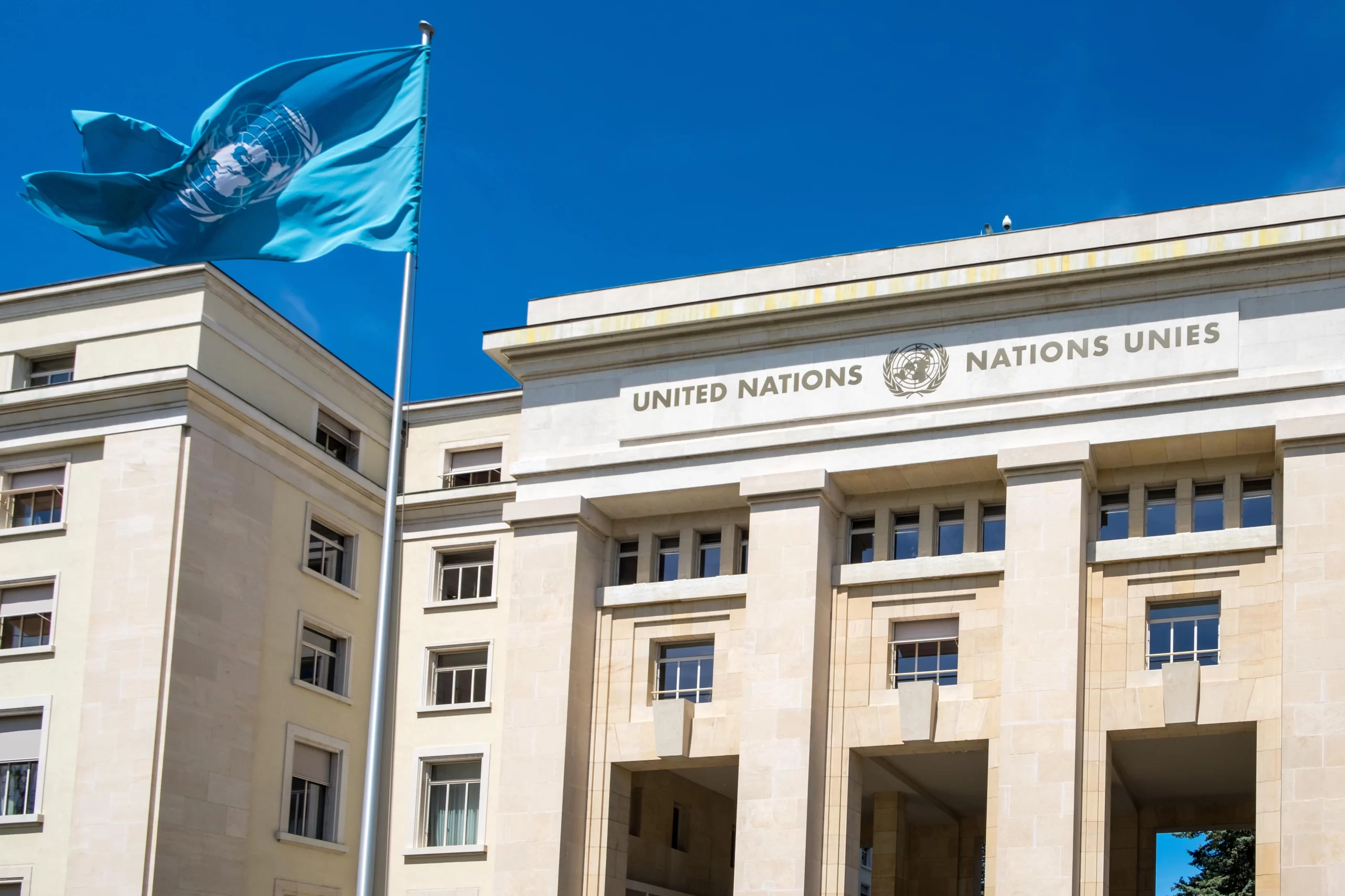
 The United Nations unanimously adopted a resolution to promote safe and trustworthy development of artificial intelligence on Thursday. This is considered one of the most extensive efforts to date to achieve international alignment on the technology.
The United Nations unanimously adopted a resolution to promote safe and trustworthy development of artificial intelligence on Thursday. This is considered one of the most extensive efforts to date to achieve international alignment on the technology.
The United States led this initiative and spent the last three months negotiating with U.N. member nations. In over 40 hours of sessions, U.S. officials had many heated debates about the contents of the resolution with U.S. opponents, including Russia and China. These details were shared by a senior official from the Biden administration who briefed reporters on the private negotiations under the condition of anonymity.
The United Nations’ decision to unanimously adopt the resolution highlights the manner in which artificial intelligence has “transcended usual geopolitical divisions”, according to the official.
The official stated that they had incorporated most of the suggested changes given by Russia, China, and Cuba.
The European Union and other nations are moving faster than U.S. legislators, who are still in the preliminary stage of creating AI legislation.
 This UN resolution aims to enhance human rights. However, without any enforcement mechanisms, countries that choose not to comply with the resolution are not deterred.
This UN resolution aims to enhance human rights. However, without any enforcement mechanisms, countries that choose not to comply with the resolution are not deterred.
This wide agreement is built on earlier international AI accords. The so-called Bletchley Declaration was signed by over 20 countries including United States, China, European Union, Britain last year. This declaration aimed at mitigating the potential safety risks posed by the technology and advocated international collaboration in research. However, criticism on the exclusion of developing nations from these AI accords led the Biden administration to pursue a fresh agreement with the United Nations.
As countries diverge on their approaches to AI regulation, the U.N. resolution emerges. The immense popularity of generative AI tools like ChatGPT that have the ability to fabricate photos and videos has been a significant driver for this. This month, Europe’s AI Act received final approval from the European Parliament, which mandates AI developers to disclose data and conduct stringent tests. While President Biden signed an AI executive order last year, there is still no uniform pathway for all-encompassing AI legislation in the U.S. Congress.
LowEndBox is a go-to resource for those seeking budget-friendly hosting solutions. This editorial focuses on syndicated news articles, delivering timely information and insights about web hosting, technology, and internet services that cater specifically to the LowEndBox community. With a wide range of topics covered, it serves as a comprehensive source of up-to-date content, helping users stay informed about the rapidly changing landscape of affordable hosting solutions.
























Your article’s substance appears to have piqued the interest of a number of people, and I must admit that I am really impressed with your post. I look forward to reading more of your fantastic articles.